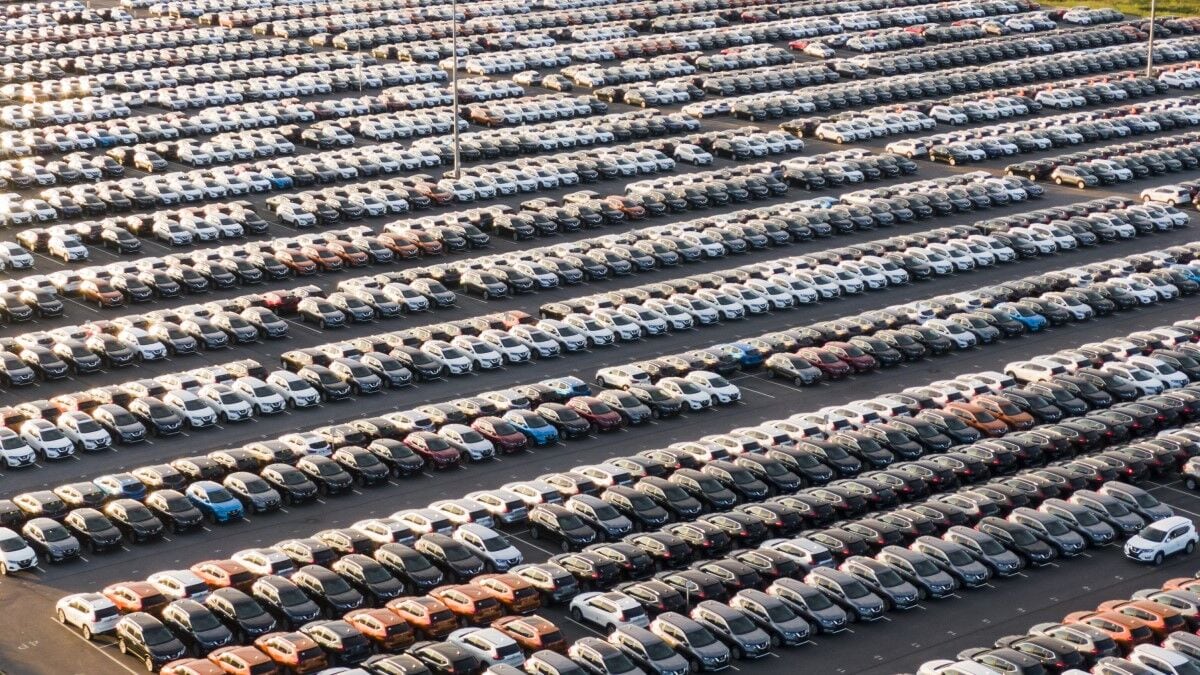
- 25% tariffs on all goods from Japan and South Korea will kick in on August 1
- Cars and most auto parts were already subject to a 25% tariff, but this will affect a small number of car parts
President Donald Trump yesterday announced new tariffs on both Japan and South Korea. Both countries export many cars to the United States. However, the move will have a small effect on car prices because most new cars and car parts were already subject to hefty tariffs.
The Associated Press explains, “Trump on Monday set a 25% tax on goods imported from Japan and South Korea, as well as new tariff rates on a dozen other nations that would go into effect on Aug. 1.”
Related: Where Every Automaker Builds Its Cars
However, cars and most car parts from anywhere outside North America have been subject to 25% tariffs since early April. A 50% tariff currently applies to steel and aluminum parts from outside North America.
Reuters says the new country-specific tariffs will “have a direct impact on the auto industry.” The current auto parts tariff applies to a specific list of parts, but not all car parts. The new tariffs will apply to all parts not already on that list.
“Parts not on the auto tariff list include door handles, electronic controls, and certain braking and advanced driver assistance system components, among others,” the agency explains.
There’s Still Time to Negotiate
- Trump announced the tariffs, but delayed their effect, allowing more time for negotiation
Trump had initially threatened similar tariffs on specific countries in April, but delayed them. ABC News explains, “Trump delayed the country-specific tariffs in April, vowing to strike roughly 90 trade deals in 90 days. That pause had been set to expire on Wednesday.”
Trump struck just two deals within his self-imposed 90-day deadline, one with the U.K. and another with Vietnam.
Monday’s move effectively draws a new deadline, extending that delay into August for certain countries.
Reuters reports, “The imposition of a levy of 25% on U.S. importers of all goods rattled Wall Street, with the S&P 500 Index knocked back sharply, though markets in Asia were taking the news in their stride.”

